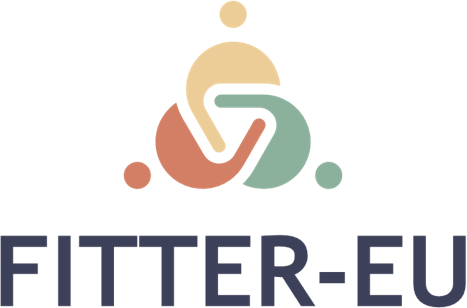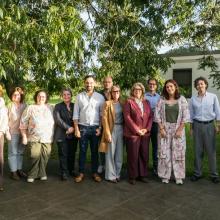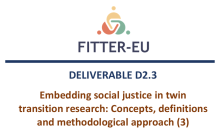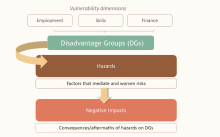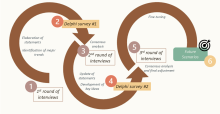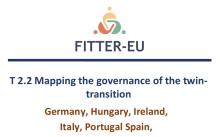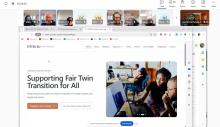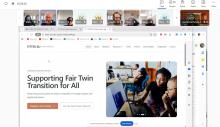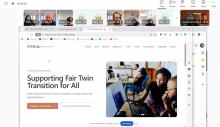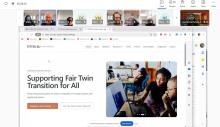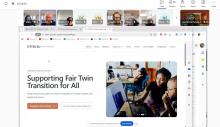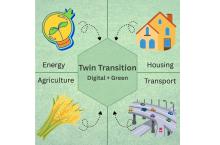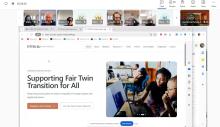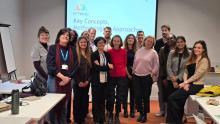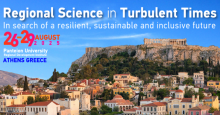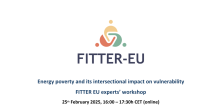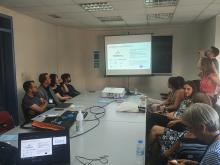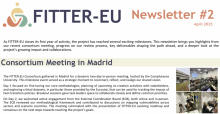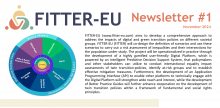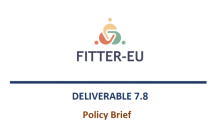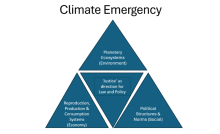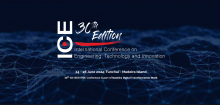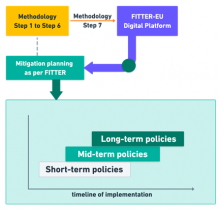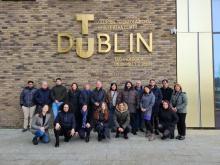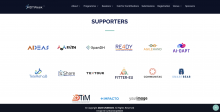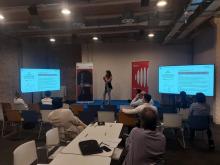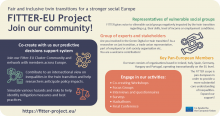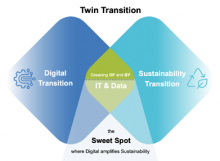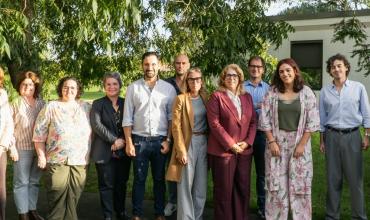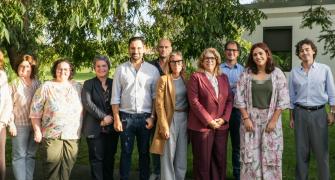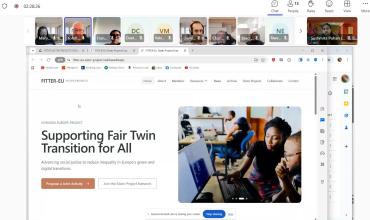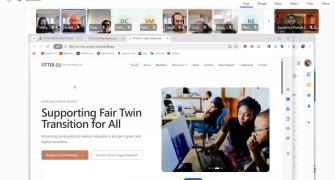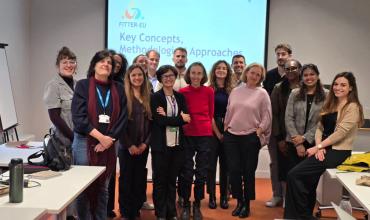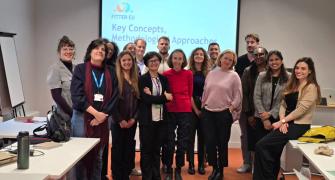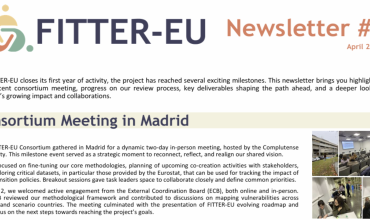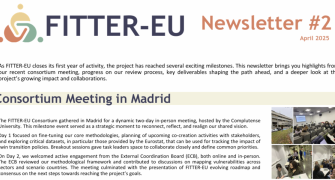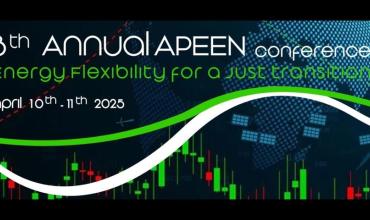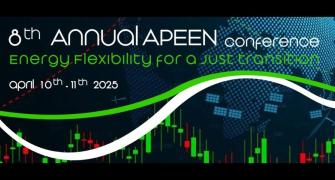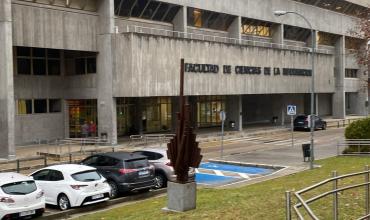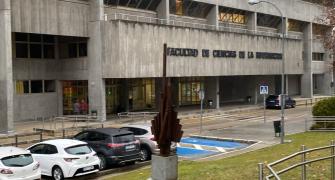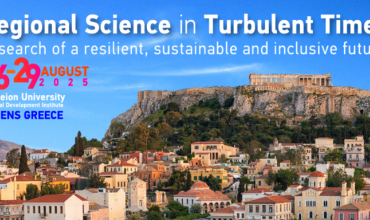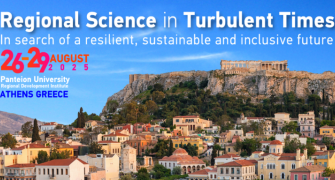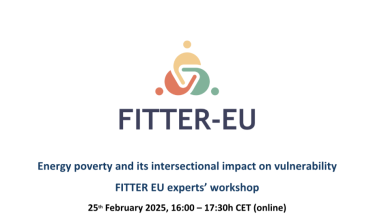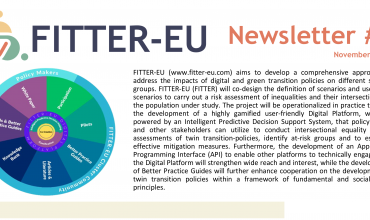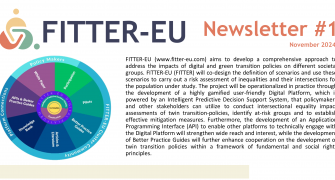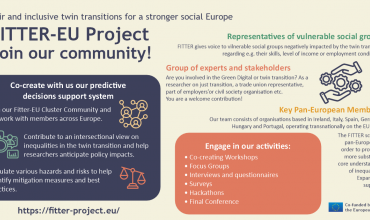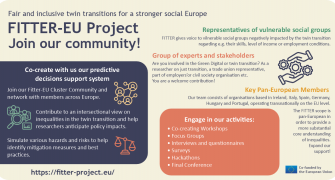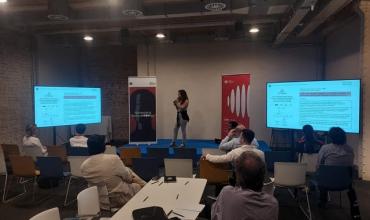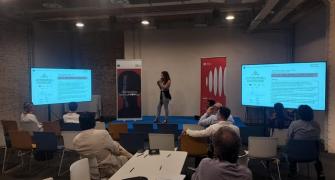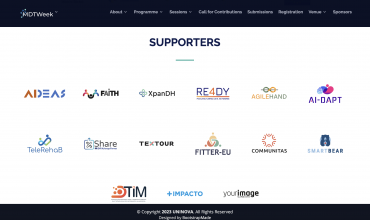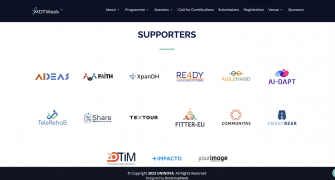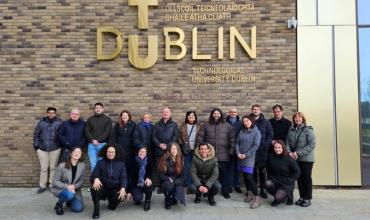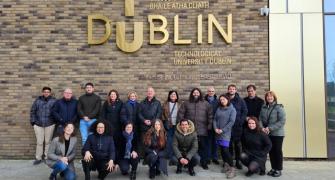FITTER-EU: Shaping a Fairer Future Together
FITTER-EU: Transforming Twin Transition Policies for a Just Society
The FITTER-EU project ensures that Europe's twin transitions—digital and green—are inclusive and equitable. We provide a platform for policymakers to predict and mitigate negative impacts on vulnerable groups helping to prevent widening inequalities. Our ecosystem simulates scenarios and offers practical mitigation measures and best practices.
Following the FITTER-EU project means contributing to a fairer society where everyone benefits from progress. Engaging with key stakeholders, including policymakers, civil society organizations, and business representatives, ensures broad support and effective implementation of policies. By supporting this project, you are helping to build a future where social justice is at the heart of Europe's transformation. Our efforts aim to drive a more inclusive and sustainable transition, fostering growth and equality across the continent. Together, we strive to create a more just and equitable Europe, ensuring that progress benefits all members of society.
News
Events
On 7 Nov, Universidade Nova de Lisboa co-organised the first in-person meeting devoted to fair green and digital transition in energy and housing.


Post
13/10/2025
At FITTER-EU, we firmly believe that the best solutions come from the ground up. That’s why our entire approach is built around co-creation, actively involving communities, experts, and stakeholders in shaping the digital and green transition tools and policies that directly affect their lives.
Through interactive workshops, in-depth interviews, and ongoing dialogue, we’re gathering diverse perspectives to ensure our innovations are inclusive, effective, and grounded in real-world needs. By listening closely and collaborating closely, we transform valuable insights into practical innovations that promote social justice and reduce inequalities during this important transition.
Together, we’re building a future that’s not only sustainable but truly equitable for everyone.
#FITTER_EU #CoCreation #SocialInclusion #TwinTransition #EUResearch #InclusiveInnovation
Conferences
The leitmotif of the event – a just transition in the energy sector, which is one of the key use cases addressed by FITTER-EU, making it an excellent opportunity to share the project's intermediate results and ongoing activities.
Meetings
FITTER Consortium Meeting in Madrid to discuss relevant issues and next steps.
Events
We are delighted to announce the acceptance of our paper at the ERSA 64th Congress, which will be held on Athens between the 26th and 29th August 2025.
Events
On February 25th, an online workshop with experts from Germany, Hungary, Ireland, Portugal, italy and Spain took place, focusing on the intersectional impact of energy poverty on vulnerability.
Events
Last week Laura Armayones from Eurecat and the FITTER-EU project presented at the "Elevate Your Innovation with EU Projects" event, organized by the Mobile World Capital Foundation. This event gathered numerous key stakeholders from the innovation and digital humanities ecosystem, who showcased their organizations and major projects to explore potential synergies. Laura introduced the scenario-based approach that FITTER-EU will employ to study the impacts of the twin transition on various key sectors and vulnerable groups.
Events
The FITTER project participated in the International Conference on Engineering, Technology, and Innovation in Madeira from June 24 to 28. Joao Sarraipa presented "Inclusive Sustainability: Strategies for Sustainable Digital Solutions in the Twin Transition for Vulnerable Communities," discussing the project's goals and challenges. Emphasis was on the importance of inclusiveness in the twin transition to address social issues. The conference provided a platform for professional discussion on the project.
Meetings
The Kick-off meeting of the whole FITTER consortium took place on 6th and 7th of February. During the meeting, activities planned within different Work Packages has been presented. First day was mostly devoted to the variety of organisational issues, whereas during the second day planned activities within different Work Packages were presented and discussed. Among the issues addressed were: conceptual framework and methodology, inequalities risk assessment, FITTER platform development, as well as upcoming validation and dissemination activities. The project advisor from the European Commission had also attended the meeting and provided a set of valuable advices to be considered in the course of the project. The next big consortium meeting is planned to be held in the end of June or the beginning of July.
